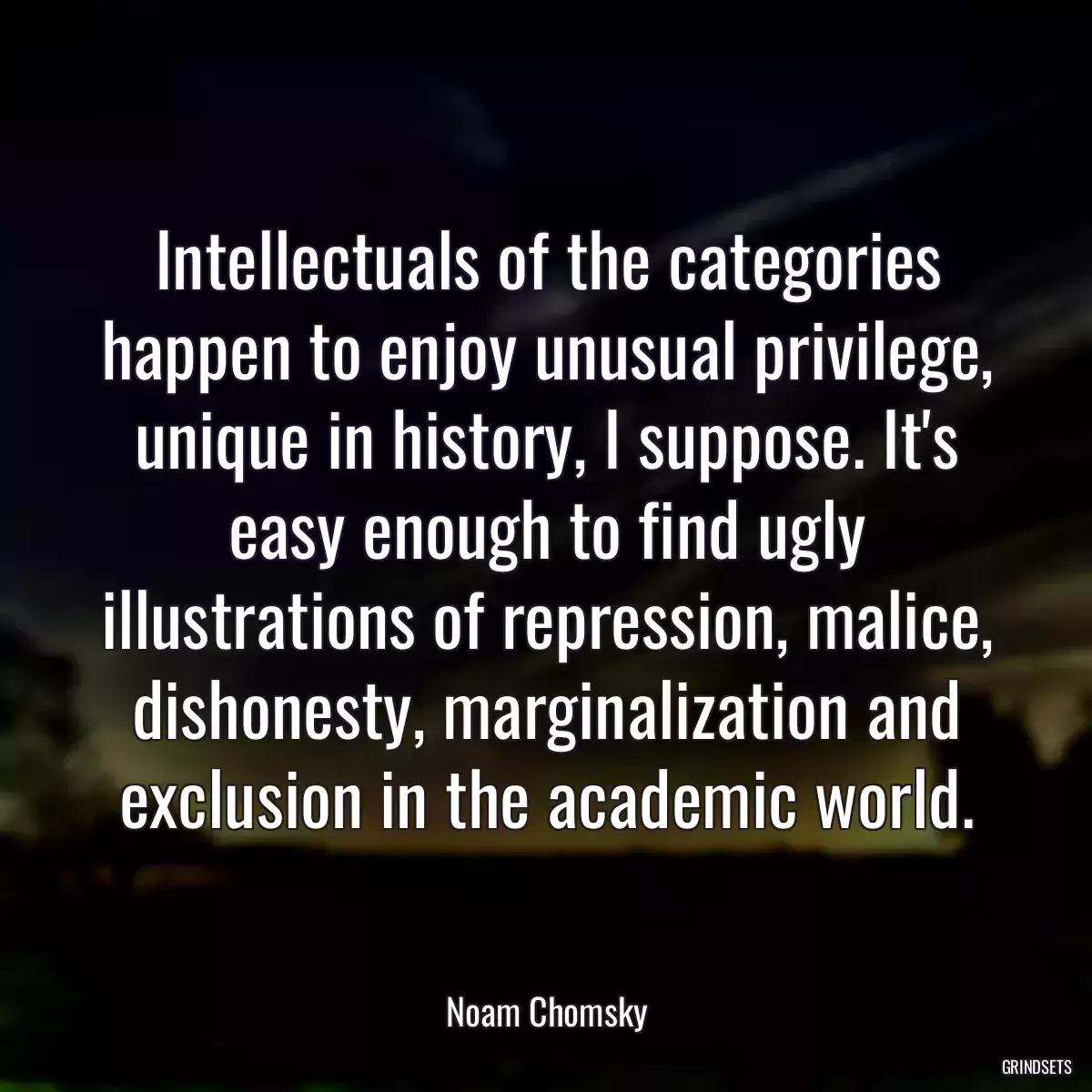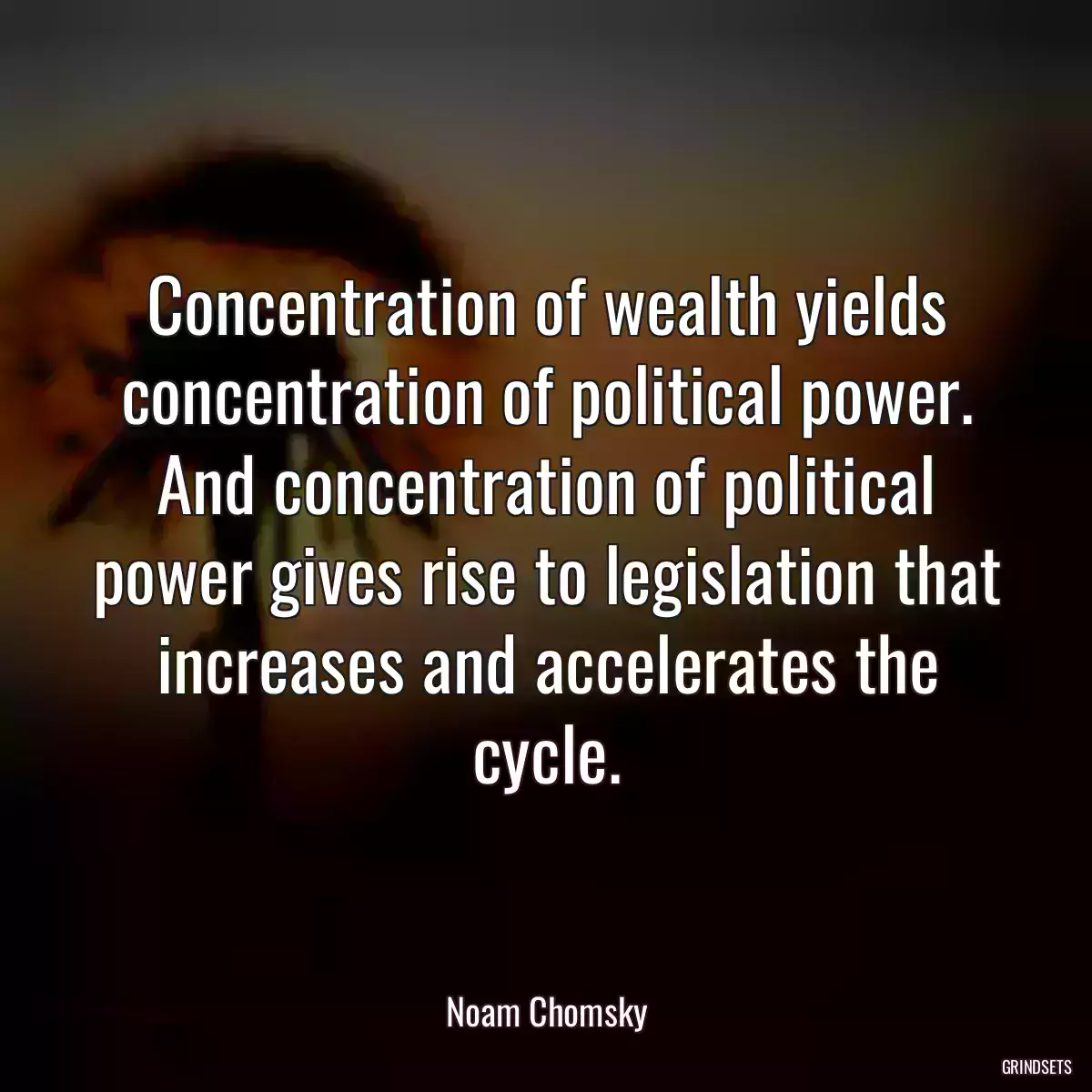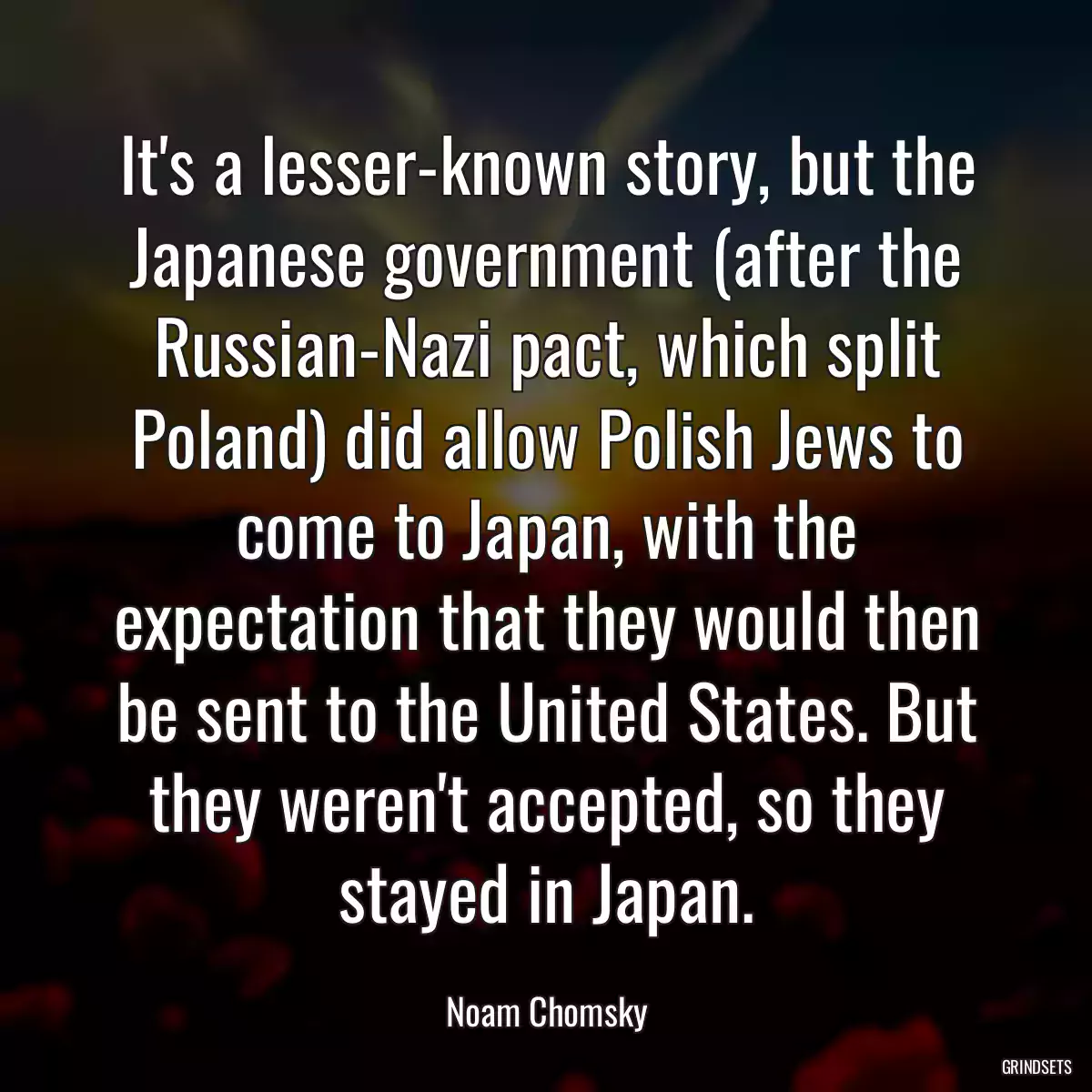
Quotes Noam Chomsky - page 6
Find dozens of Noam Chomsky with images to copy and share.

Terror became a big issue when the Reagan Administration came in. They immediately announced [their plans] and kind of disparaged Carter's alleged human rights programs. The main issue is state-directed international terrorism. Right at that time that big industry developed. That's when you start getting the academic departments on terrorism.
My intellectual achievement was retarded when I went to high school. I sort of sank into a black hole because I had to go to the high-achieving, academic public high school.
The reason academic disputes are so vicious is that so little is at stake.
You may also like
Bear in mind that we [ with Edward Herman] did not devise the terms "manufacture of consent" and "engineering of consent." We borrowed them from leading figures in the media, public relations industry, and academic scholarship.
It is familiar to mainstream academic scholarship. One very prominent political scientist, in his standard text American Politics 20 years ago, observes that "The architects of power in the United States must create a force that can be felt but not seen.
And if you look at all this academic work in the conferences and so on there's a constant theme that terrorism is extremely hard to define and we therefore have to have a deep thinking about it. And the reason it's hard to define is quite simple. It's hard to find a definition that includes what they do to us but excludes what we do to them. That's quite difficult. So it takes a global war on terrorism.
This is a large part of the academic profession: to make up complex, subtle arguments that are childishly ridiculous but are enveloped in sufficient profundity that they take on a kind of plausibility.
In the academic world, most of the work that is done is clerical. A lot of the work done by professors is routine.

It's like these people are programmed by Karl Rove. What he wants is to have liberal critics ridicule Bush because he says 'nucular' and 'misunderestimate' and talks with a probably fake Texas accent and so on, because then can come back with the big propaganda apparatus saying, 'See, those elite liberals who run the world and are sitting around drinking French wine and eating quiche don't understand us ordinary guys'; regular guys like the guy working on the assembly line and George Bush, who is going back to his ranch to cut brush.
We could not bring democracy and freedom to Vietnam at a cost acceptable to ourselves. The idea that that was what we were trying to do, is again, a tautology, it's true by definition because we were doing, and the state is noble by definition. That's called "extreme liberalism".
The smart way to keep people passive and obedient is to strictly limit the spectrum of acceptable opinion, but allow very lively debate within that spectrum - even encourage the more critical and dissident views. That gives people the sense that there's free thinking going on, while all the time the presuppositions of the system are being reinforced by the limits put on the range of the debate.
There is no reason to accept the doctrines crafted to sustain power and privilege, or to believe that we are constrained by mysterious and unknown social laws. These are simply decisions made within institutions that are subject to human will and that must face the test of legitimacy. And if they do not meet the test, they can be replaced by other institutions that are more free and more just, as has happened often in the past.
There's very little dislike of Americans in the world, shown by repeated polls, and the dissatisfaction - that is, the hatred and the anger - they come from acceptance of American values, not a rejection of them, and recognition that they're rejected by the U.S. government and by U.S. elites, which does lead to hatred and anger.
Compare mathematics and the political sciences - it's quite striking. In mathematics, in physics, people are concerned with what you say, not with your certification. But in order to speak about social reality, you must have the proper credentials, particularly if you depart from the accepted framework of thinking. Generally speaking, it seems fair to say that the richer the intellectual substance of a field, the less there is a concern for credentials, and the greater is the concern for content.
In the case of Yugoslavia v. NATO, one of the charges was genocide. The U.S. appealed to the court, saying that, by law, the United States is immune to the charge of genocide, self-immunized, and the court accepted that, so the case proceeded against the other NATO powers but not against the United States.
The Pashtuns in particular are kind of trapped. They've never accepted the Durand Line nor has any Afghan government historically accepted it.
You may also like

Finally Irish were accepted into society and became part of the political system, and there were Kennedys, and so on. But the same is true about other waves of immigrants, like the Jews in the 1950s.